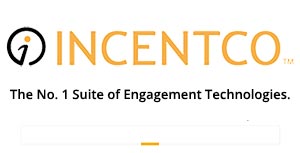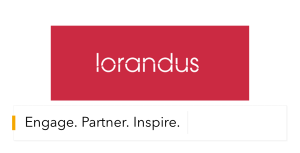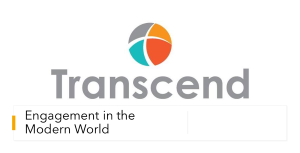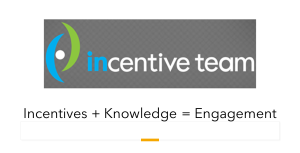EEA PurposePoint CEO Profile Charlie Malouf's Journey to Purpose Leadership
Inspired by Conscious Capitalism Movement
We Don’t Need to Squeeze to Win
The Tools of Purpose Leadership
Click here for links to information about EEA engagement solution providers.
Charlie Malouf’s journey to Purpose Leadership didn’t come easily. He is CEO of Broad River Retail, one of the largest and fastest-growing,
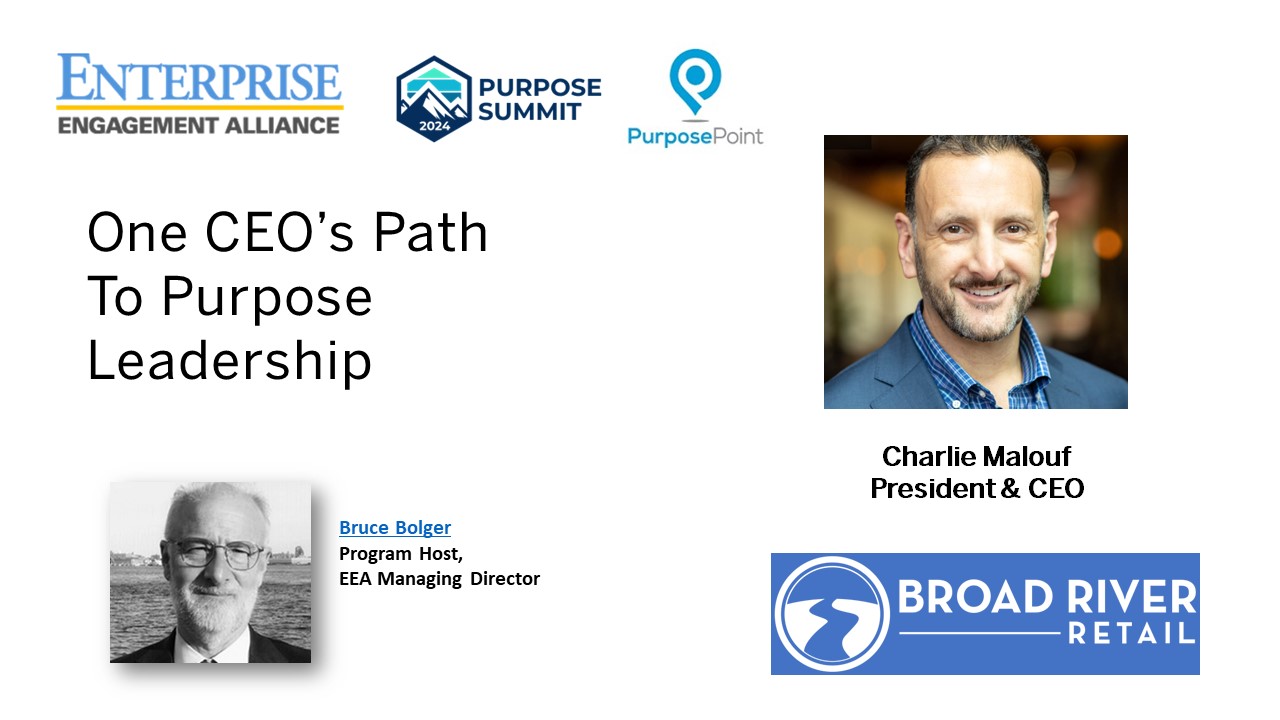 independently owned and operated Ashley furniture store licensees, founded in 2023, with more than 30 stores and growing in the southeast US.
independently owned and operated Ashley furniture store licensees, founded in 2023, with more than 30 stores and growing in the southeast US.Broad River Retail was doing just fine, he says, and had even survived the Great Recession when, in 2015, the company nearly collapsed, due mostly to a failed ERP (enterprise resource planning) software deployment and a poorly timed acquisition.
“Had we not broken all our bones, I don't think we would have had the willingness to test and experiment like we did. I mean, if you reframe failure not as an identity, but as a data point, that just became information for us to learn how we could grow and get better. So, it's the best thing that ever happened to us.”
Click here to watch the 35-minute show or here to listen to the podcast.
Inspired by Conscious Capitalism Movement
In searching for a new path, Malouf says he was inspired by the Conscious Capitalism movement. He conducted a listening tour of the stores. “We started by developing a new purpose statement and by investing in our people following the spirit of abundance and mutual prosperity. We went from a human resources-based company to a human capital company, and started with raising the pay for our employees and developing career paths for everyone.”
He notes that were his company publicly held, the share price surely would have collapsed on the decision to increase employee pay at a time when the organization was in a near crisis mode. Being a private company, it “wasn't shackled by Wall Street expectations. We’re running this company for the next quarter century, not the next quarter, and so we can take a long-term view. So what we did we thought was right and fair.”
The results “far exceeded our expectations. What we once thought was the peak we could achieve with an organization like ours in terms of profitability, we have far exceeded. If you look at our profit and loss statistics against others and benchmarks in our industry...If you look at our selling expenses, our compensation plans, and average pay, we are way above the benchmark. In spite of that, our profitability has still grown. Our net promoter score has grown, our repeat customer rate is above average, as are our conversion rates and sales per customer."
We Don’t Need to Squeeze to Win
The impact of the new strategy, he says, began to show up in the company’s numbers after the first year and accelerated in 2019 and beyond. “When the pandemic hit, we thought we were going to be in trouble. Once we got through the supply chain issues, 2021 and 2022 turned out to be phenomenal years." The lesson, he says, "is that to make money, our employees and customers don’t have to lose. Our partners don’t have to lose. We don’t have to squeeze everyone for us to win. Our partners are successful. Our people have had tremendous success. The communities where they live, work, and play have benefited from the fruits of their labor and the results we’ve been able to share.”
Looking at business in terms of value creation instead of focusing on cutting costs has led to some unconventional but successful innovations, he says. For instance, “most companies in our industry look at delivery as an unprofitable cost and often offer it for free because that’s what the customer expects.” He says that makes sense if you are just dropping off a box at the door, but that’s not really a delivery, he adds. “In fact, Mr. and Mrs. Jones don’t just want the furniture dropped off. They want a premium delivery experience. We would never have the lowest common denominator of salesperson working on the sales floor, so why would we do that with our delivery fleet.”
The company recruited motor careers and actually paid the partners more "because we are committed to providing better service for the customer in the home, and there’s going to be enough abundance in the charges that the salespeople can earn a commission as well.” This, he adds, was accomplished when everyone was saying that e-commerce would gobble up brick and mortar retail and make free delivery the norm. “In fact, it turns out the customer enjoys the premium service of having someone available to assemble furniture and make sure it’s placed where the customer wants it before leaving.”
Focusing on value creation means “you must be intentional about everything that you do, and that includes your business metrics. It’s what our head coach calls ‘love and math.’ That doesn't mean that you divorce the heart of the matter from the math of the matter. It just means infusing heart into the business and being intentionally authentic, but we certainly pay attention to our key metrics. We’ve certainly got our business processes and systems, KPIs (key performance indicators) and reporting. We're looking at average compensation, engagement surveys, how we're competing, comparative sales and other year-over-year results, and if and how we're executing our strategies. But we really care about how our people are doing and how we're doing in our communities.”
Transparency is key to establishing trust, he adds. “Most people want to be in a company that's growing and that's doing well, and companies should be willing to share financials and results to the extent that you can share them and talk to employees about what winning and losing looks like. And then watch them go to work to figure out how they can help the company prosper in an atmosphere in which they feel trusted and heard and where they feel a sense of purpose. It’s an amazing thing to watch.”
Malouf says that his company shares extensive information with employees that many other companies wouldn’t share for fear of it falling into the hands of competitors. He takes that risk, he explains, because the benefits of having employees deeply involved in the success of the company fosters innovation and a positive attitude.
The Tools of Purpose Leadership
One of the biggest challenges, he says, is maintaining alignment across dozens of stores. “In 2020, we realized that we were not doing a good enough job of cascading our culture. We were not embracing our diversity. The situation was made worse by the pandemic, during which more staff people were working remotely. Communication is key. We hold quarterly town halls, publish a weekly newsletter, use our intranet to share information, hold off-site meetings, company events, and celebrations, recognize people, and have used swag, T-shirts, and pins, and puzzles to communicate and celebrate unity.”
Other tools of Purpose Leadership, he says, include pulse and other engagement surveys, shared learning in which teams cover and discuss the same materials, innovation, and analytics.
What about the role of layoffs in a purpose-led company. “Some people have a point of view that companies should never put themselves into a situation where they might have to lay off people, but I am not here to judge any other company. Every situation is unique. We have been able to avoid layoffs, and one way you do that is not getting ahead of your skis.” Being committed to maintaining jobs during tough periods, he says, yields goodwill that might come in handy someday. In an industry with high turnover, he says his company’s retention has never been higher.
“If a company wants to be in business for the long-term, it has to plan for the long-term and not just for the next quarter.”
Malouf couldn’t estimate the percentage of CEOs that share his Purpose Leadership values but does believe “business can make the world a better place by improving people's fulfillment and happiness, by how we treat others at work. Imagine if we could flip the coin with 80% of people saying they are happy at work instead of 20%. Yes, the country probably would be a little less divided, less angry, less polarized, and happier.”
ESM Is Published by The EEA: Your Source for Effective Stakeholder Management, Engagement, and Reporting
Through education, media, business development, advisory services, and outreach, the Enterprise Engagement Alliance supports professionals, educators, organizations, asset managers, investors, and engagement solution providers seeking a competitive advantage by profiting from a strategic and systematic approach to stakeholder engagement across the enterprise. Click here for details on all EEA and ESM media services.
1. Professional Education on Stakeholder Management and Total Rewards
- Become part of the EEA as an individual, corporation, or solution provider to gain access to valuable learning, thought leadership, and marketing resources to master stakeholder management and reporting.
- The only education and certification program focusing on Stakeholder Engagement and Human Capital metrics and reporting, featuring nine members-only training videos that provide preparation for certification in Enterprise Engagement.
- EEA books: Paid EEA participants receive Enterprise Engagement for CEOs: The Little Blue Book for People-Centric Capitalists, a quick implementation guide for CEOs; Enterprise Engagement: The Roadmap 5th Edition implementation guide; a comprehensive textbook for practitioners, academics, and students, plus four books on theory and implementation from leaders in Stakeholder Management, Finance, Human Capital Management, and Culture.
2. Media
- ESM at EnterpriseEngagement.org, EEXAdvisors.com marketplace, ESM e–newsletters, and library.
- RRN at RewardsRecognitionNetwork.com; BrandMediaCoalition.com marketplace, RRN e-newsletters, and library.
- EEA YouTube Channel with over three dozen how-to and insight videos and growing with nearly 100 expert guests.
3. Fully Integrated Business Development for Engagement and Total Rewards
Strategic Business Development for Stakeholder Management and Total Rewards solution providers, including Integrated blog, social media, and e-newsletter campaigns managed by content marketing experts.
4. Advisory Services for Organizations
Stakeholder Management Business Plans; Human Capital Management, Metrics, and Corporate Sustainability Reporting for organizations, including ISO human capital certifications, and services for solution providers.
5. Outreach in the US and Around the World on Stakeholder Management and Total Rewards
The EEA promotes a strategic approach to people management and total rewards through its e-newsletters, web sites, and social media reaching 20,000 professionals a month and through other activities, such as:
- Association of National Advertisers Brand Engagement 360 Knowledge Center to educate brands and agencies.







